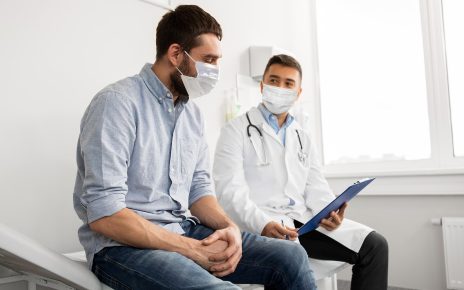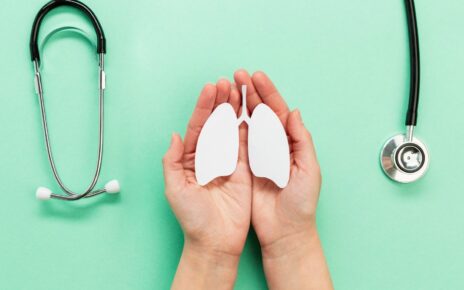Taking personal responsibility becomes the key to getting clean when you have to manage your own treatment while living your regular life. Outpatient drug rehab Orange County programs purposely set up treatment so that you’re responsible for your progress instead of having staff watch you constantly. This method understands that real recovery has to come from your own motivation and self-control that grows from inside you. People learn to own their choices, actions, and recovery progress through building skills step by step.
Self-directed attendance
Unlike residential programs, where staff make sure you show up to everything, outpatient treatment depends totally on your personal commitment to attend sessions. You choose whether to come to therapy appointments, group meetings, or educational classes without anyone making you go. This freedom to decide creates immediate accountability for your recovery progress since skipping sessions directly hurts your treatment results.
The responsibility for booking appointments, managing your time, and putting treatment first over other stuff falls completely on your shoulders. Some folks have trouble with this freedom at first, especially if addiction messed up their organizational skills or sense of responsibility. Successfully managing attendance builds confidence that you handle other parts of recovery on your own. When you consistently show up for treatment while dealing with work, family, and personal stuff, you prove to yourself that recovery works within your real-life situation.
Accountability systems work
Outpatient programs create multiple accountability layers that need active participation instead of just going along with whatever the staff tells you. You might have to finish homework assignments, keep track of your daily activities, or talk about tough situations you handled successfully. These requirements demand honest thinking about your progress, setbacks, and areas where you need to get better. Regular counseling sessions discuss your week, identify triggers, and analyse your coping strategies. Every week, you must provide feedback to your treatment team.
Decision making improves
Every single day in outpatient treatment gives you choices that test how committed you are to recovery. This skill development happens slowly through:
- Practicing decision-making scenarios during therapy sessions
- Talking about real-life choices you made since your last appointment
- Learning to spot decision points before they turn into disasters
- Building personal values that guide tough choices
- Growing confidence through successfully handling challenging situations
Real world application
Outpatient treatment makes you personally responsible for applying recovery skills in your actual daily environment. You practice staying sober while dealing with the same job, family, plus social situations that previously triggered substance use. This immediate real-world testing holds you accountable for using the tools you learn in therapy. You’re responsible for making recovery work within your existing life circumstances rather than in a protected treatment facility. When you successfully handle workplace stress without using substances, navigate family conflicts through healthy communication, or resist peer pressure at social events, you demonstrate personal responsibility for your recovery choices in real situations. It recognizes that sustainable recovery requires internal motivation and individual ownership. The skills necessary for maintaining long-term sobriety are developed during outpatient treatment.





